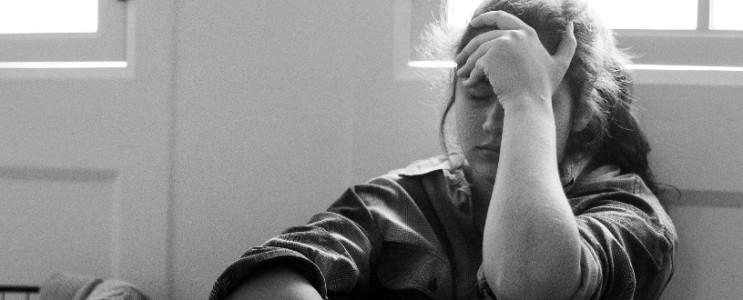
How Therapy Can Help You Cope with Life Transitions and Losses

Grief is a profound and complex emotional journey, particularly when it comes to the loss of a partner. The pain and emptiness that follow can feel overwhelming, and navigating life after such a loss may seem daunting. In times of transition and loss, therapy can be a guiding light to help you navigate the grieving process. In this article, we will explore how to cope with grief and how therapy can assist you in coping with life transitions and losses, providing hope and healing along the way.
Understanding the Grief Journey:
Grief is a unique and personal experience. A therapist can guide you through the stages of grief, offering validation and support as you process the emotions associated with your loss. Through therapy, you can gain insight into the grieving process, helping you make sense of your feelings, thoughts, and reactions during this difficult time.
Creating a Safe Space for Expression:
One of the benefits of therapy is the safe and non-judgmental space where you can freely express your emotions to learn how to cope with grief. Grief often encompasses a wide range of emotions, including sadness, anger, guilt, and confusion. A therapist provides a compassionate and understanding environment where you can share your feelings openly, helping you to process your grief.
Developing Coping Strategies:
Life transitions and losses bring about significant changes, and therapy can help you develop effective coping strategies to navigate these shifts. A therapist can guide you in exploring healthy coping mechanisms tailored to your specific needs, such as journaling, mindfulness practices, self-care routines, and engaging in supportive social connections.
Addressing Life Transitions:
Therapy is not only beneficial for how to deal with grief but also for managing the broader transitions that occur in life after losing a partner. Whether it's adjusting to a new identity, redefining your goals, or reshaping your daily routines, therapy provides a space to explore these changes and find meaning in your life moving forward. A therapist can offer guidance, support, and practical strategies to help you navigate the complexities of life transitions.
Rediscovering Purpose and Meaning:
In the wake of loss, therapy can assist you in rediscovering your sense of purpose and meaning. Together with a therapist, you can explore your values, aspirations, and sources of fulfilment. By engaging in this process you can discover new passions, build a support network, and find meaning in life beyond your loss.
Grief after losing a partner is an immense burden to bear but therapy can provide step by step guidance on how to deal with grief as well as solace, and support during this difficult time. Remember, healing takes time, and with the help of therapy, you can find comfort, resilience, and hope in the face of grief.
Articles
Build your awareness and get inspired with our researched articles on how you can strengthen your well-being
Popular Topics
An OTP has been sent to the email address
provided.
Please check your Inbox and Spam folders.

What Would You Like to Speak with a Specialist About?
Mental Fitness Journey starts Now!
Chearful Connects you with Top-tier Qualified Wellness specialists for the Price of a cup of Coffee!

Next Steps
- A Client Team member will reach out to you to schedule a session with the most suitable specialist.
- You will receive an email with a 10% Discount Code* for your 1st session.
- We invite you to Explore the Platform & Sign Up today! *Upto a maximum of $10 discount on a session purchased



.jpg)
 2286 Read
2286 Read




.jpg)











.jpg)















